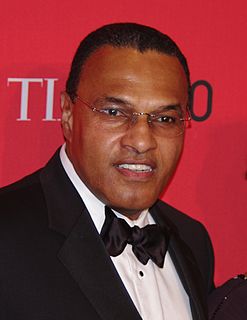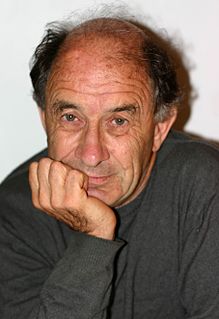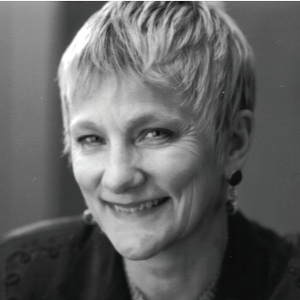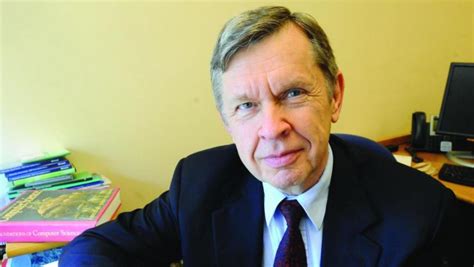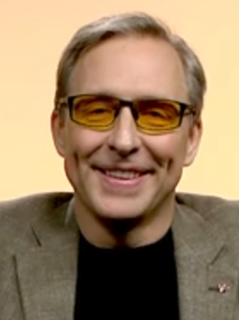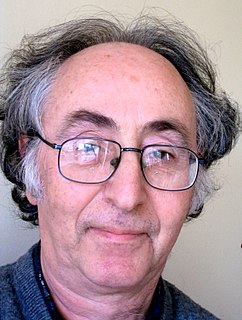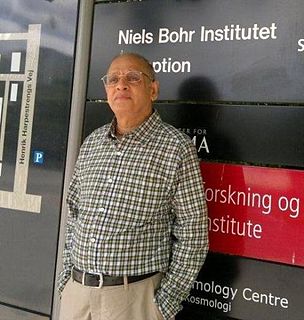A Quote by David Chalmers
Even when I was studying mathematics, physics, and computer science, it always seemed that the problem of consciousness was about the most interesting problem out there for science to come to grips with.
Related Quotes
For me, consciousness is the most interesting unsolved problem of science, and, in fact, we may never know what it is about a particular arrangement of neurons that gives rise to consciousness. Our consciousness, like the air we breathe or like the passage of time, is central to our existence as intelligent beings.
Mathematics has two faces: it is the rigorous science of Euclid, but it is also something else. Mathematics presented in the Euclidean way appears as a systematic, deductive science; but mathematics in the making appears as an experimental, inductive science. Both aspects are as old as the science of mathematics itself.
My background, I really am a computer hacker. I've studied computer science, I work in computer security. I'm not an actively a hacker, I'm an executive but I understand the mindset of changing a system to get the outcome that you want. It turns out to make the coffee, the problem is actually how the beans get turn into green coffee. That's where most of the problems happen.
I read a book called 'The Tao of Physics' by Fritjof Capra that pointed out the parallels between quantum physics and eastern mysticism. I started to feel there was more to reality than conventional science allowed for and some interesting ideas that it hadn't got round to investigating, such as altered states of consciousness.
Any high school boy or girl knows how to calculate the force with which a stone he or she throws will hit someone in the face, but nothing in those equations they use will tell them whether or not to throw it...To solve the problem of values we must know what is valuable. Consciousness is the most valuable commodity...To bring values into science, we need to connect science with what is valuable consciousness.
Think of a single problem confronting the world today. Disease, poverty, global warming... If the problem is going to be solved, it is science that is going to solve it. Scientists tend to be unappreciated in the world at large, but you can hardly overstate the importance of the work they do. If anyone ever cures cancer, it will be a guy with a science degree. Or a woman with a science degree.
The whole point of science is that most of it is uncertain. That's why science is exciting--because we don't know. Science is all about things we don't understand. The public, of course, imagines science is just a set of facts. But it's not. Science is a process of exploring, which is always partial. We explore, and we find out things that we understand. We find out things we thought we understood were wrong. That's how it makes progress.
My high school, the Illinois Mathematics and Science Academy, showed me that anything is possible and that you're never too young to think big. At 15, I worked as a computer programmer at the Fermi National Accelerator Laboratory, or Fermilab. After graduating, I attended Stanford for a degree in economics and computer science.
I believe in rendering to science the things that belong to science. I have no problem with evolution or discussions of the age of the Earth, for I don't believe that we come anywhere near comprehending the mind of God or the workings of the universe. Science can explain a lot, but it cannot give us faith, and I think we need both.



